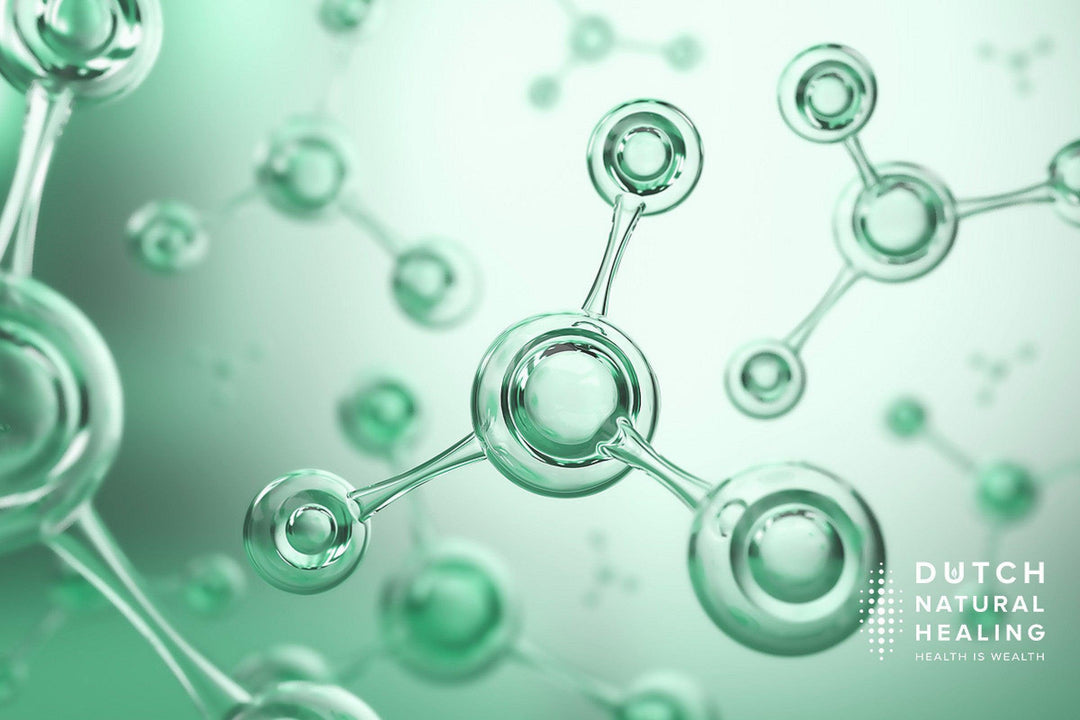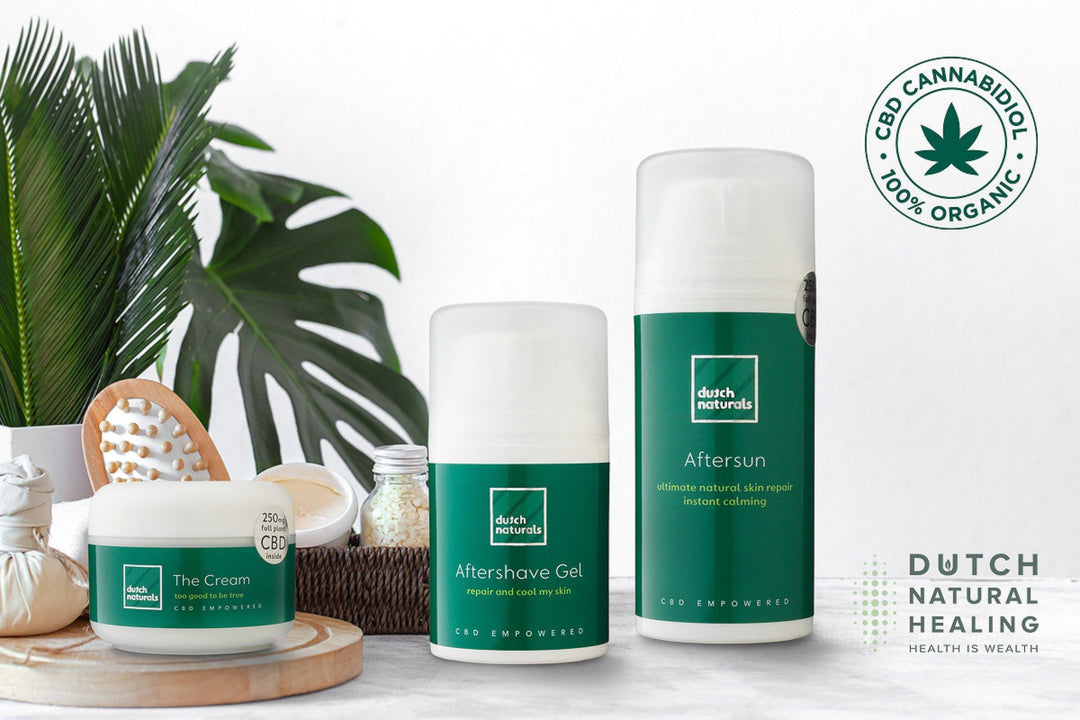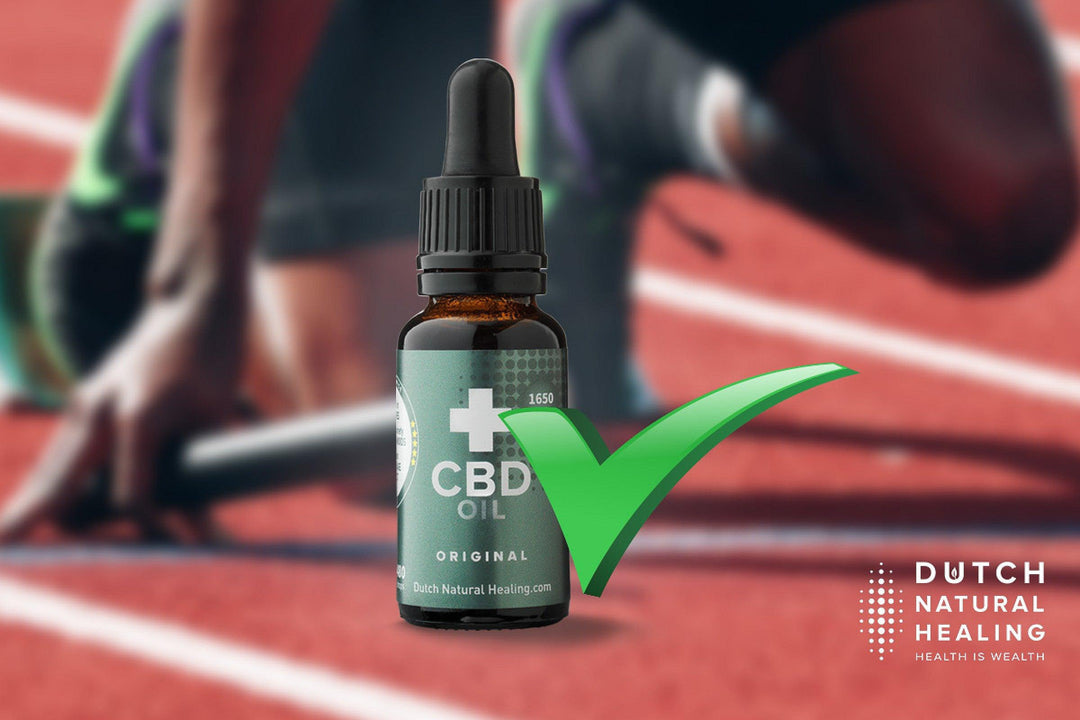While CBD appears to very beneficial to the body and mind, the natural substance is hard to absorb by the body. Leading to producers experimenting with techniques to increase the cannabinoid’s bioavailability. Some of these experiments are known as Nano CBD and Liposomal CBD oil. But we’re here to explain why these products don’t work and why you should stay away from them:
What is nano CBD oil?
Nano CBD is essentially nothing more than Cannabidiol (CBD) with a smaller particle size. This is made using ultrasonic frequencies; in order to bring the molecules of isolated CBD crystals - or a full spectrum hemp extract - to nano level-size. Producers and people selling this type of CBD oil often state that the bioavailability is many times higher compared to regular oils. Accordingly, sellers say this oil is also better absorbed by the body and is more effective because of that.
Though while CBD molecules from crystals and hemp extracts are indeed reduced in size with the use of ultrasonic frequencies; cannabidiol’s lipophilic properties remain the same in nano products. So, what does that mean for the bioavailability of the product? In other words, how does that affect the way the natural substance is processed by the body?
Effect of ‘full plant’ Nano CBD oil
Despite that Nano CBD is smaller than regular CBD, and therefor is easier to absorb by the body. It will still need to bind the nano particles to a lipoprotein to be properly processed. Resulting in a large part of the Nano CBD being broken down in the liver by P450-enzymes, before it can do any good in the body.
Read more about the P450-enzyme function in: ‘Is it better to take CBD oil with food or on an empty stomach?’
Furthermore, there are some major health-risks associated with this technique. Hence why Nano CBD is banned in many places. For example, you don’t want to ingest full plant hemp extracts at nano level. Because any heavy metals and pesticides present in the extract will also have been converted to nano parts; making it easier for these dangerous substances to reach the bloodstream. And it goes without saying that you don’t want this rubbish in your body.
Pure nano CBD from isolated crystals
Now, you might think ‘why not take nano CBD made with crystals, if that’s the problem?’ And we must admit, even considering the loss of cannabinoids while binding the CBD to lipoproteins to be properly processed; nano CBD from crystals might still be easier to absorb by the body compared to standard CBD oil. But it does have serious limitations…
As is the case with ‘Pure CBD oil’ based on crystals; nano CBD oil made with isolated cannabidiol is missing all the other active substances available in hemp. In other words, you’re missing the entourage effect; the synergy that happens in the body when cannabidiol is supported by other cannabinoids and terpenes. And here at Dutch Natural Healing, we strongly believe the entourage effect is one of the essential elements in CBD’s success.
Though there are governmental limitations too, which currently stand in the way of Nano CBD’s production and sales. EU food authorities for example, have indicated that Nano CBD is a NOVEL food and therefore may not be sold on the market without proper licenses. The authorities have also indicated they will maintain this ban across all Nano supplements in general; thereby including Nano CBD oil.
Liposomal CBD oil based on Lecithin / liposomes
Over the past few years, there’s also been an increase of CBD oils being sold based on lecithin. A substance naturally found in eggs, soy and sunflower seeds and is used, for example, to make mayonnaise. Lecithin is a so-called emulsifier-agent, meaning it binds fats to water. In CBD oil formulas, lecithin is thought to help the body absorb and process the active ingredients better.
To come to this conclusion, it is often compared to so-called liposomal vitamin C formulas. Where lecithin is also used to ensure the vitamin C is more effectively absorbed by the body. Lecithin makes sure fats can bind to certain enzymes in the body, resulting in them being effectively broken down. So at cell level, lecithin is essential for a healthy cell function. In that perspective, it’s safe to say lecithin is definitely a healthy food supplement. But will it actually aid the absorption of CBD in the body too?
Effects of liposomal CBD
So, we know that lecithin ensures the binding of fats (like CBD) to water, a process we refer to as emulsion. However, the binding of CBD with lecithin is a very difficult process. Moreover, the water solubility of lecithin at room temperature is very low. More importantly, lecithin’s binding power is stronger than that of the body’s own lipoprotein. What does that mean for the bioavailability?
As the lecithin ensures fats and fatty substances are strongly bound; lecithin is ideal to use as a natural cholesterol-reducer and as a slimming agent. Considering cannabinoids are also stored in fatty tissue, lecithin actually helps remove ‘stored’ CBD from the body at a faster pace. As lecithin binds to the CBD it encounters in the body; and ensures this is expelled from the body faster via the urinary tract. In other words, liposomal CBD literally helps you ‘piss away CBD’.
This does mean that you could effectively use lecithin to, for example, remove THC and other cannabinoids from your system. But it will definitely not help to achieve better CBD or THC absorption. As lecithin’s powerful fat binding properties means it has a counterproductive effect on the absorption of lipophilic substances such as CBD and THC. To conclude, liposomal CBD is even less effectively absorbed than regular CBD oil based on olive or hemp seed oil.
On the other hand, lecithin can in fact increase the absorption of water soluble substances - like vitamin C - in the body. This is referred to as a liposomal vitamin C solution. Using this, results in a higher concentration of the vitamin in the blood. Something that otherwise could only be reached through intravenous administration.
Safe and effective watersoluble CBD
Summarizing, nano CBD made from full plant hemp extracts could be dangerous. When it’s made from isolated crystals, it’s not more effective than regular oil, nor does it have a high bioavailability. On the other hand, lecithin can be used to increase the bioavailability of water soluble vitamins. But does not work with lipophilic (fat soluble) substances like THC and CBD!
Our unique CBDactive+ product however, is a whole other story. As it contains an advanced complex which is bound to the available cannabinoids; and acts like a lipoprotein (transporter) to the bloodstream. The bound CBD is therefore instantly water-soluble in CBDactive+.
As the cannabidiol is already bound to a lipoprotein thanks to the BioACTIVE+ Formula in the supplement; the body won’t need to carry out a complicated metabolization to get it into the bloodstream. This means your body will actually absorb 99% of the bound and water soluble CBD, in CBDactive+ products. Probably the highest bioavailability you’ll find in any CBD product available today.
Another advantage of CBDactive+ is that it contains all other cannabinoids and terpenes naturally present in hemp. This results in a full entourage effect and also offers a positive effect on the Cytochrome P450 enzyme system. Ensuring the active ingredients will be broken down even slower; giving your body more time to enjoy all the benefits CBD holds.



